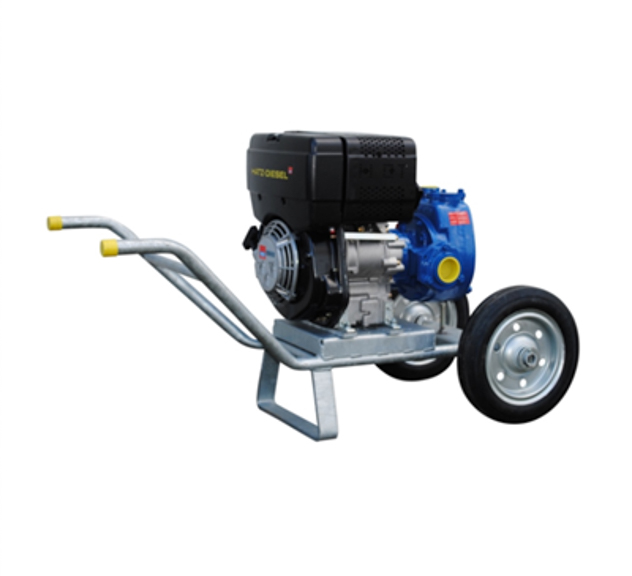Our Diesel-Driven Pumps are designed for demanding Industrial applications, offering enhanced mobility and durability. With modern engines, variable speed control, and compliance with global emission standards, these pumps ensure efficiency and environmental protection. Available in sound-attenuated canopies, they provide low noise, enhanced safety, and superior performance across varied operational conditions.
BA75 D220 Multi-Use Pump
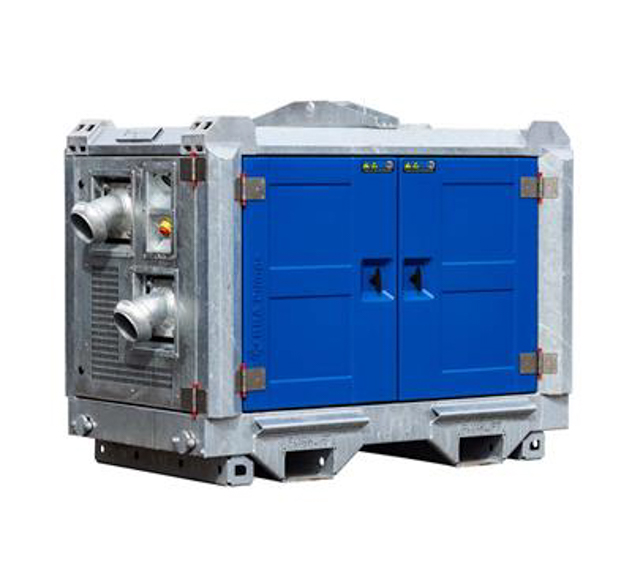
BA80H D290 Diesel Driven High-Head Pump
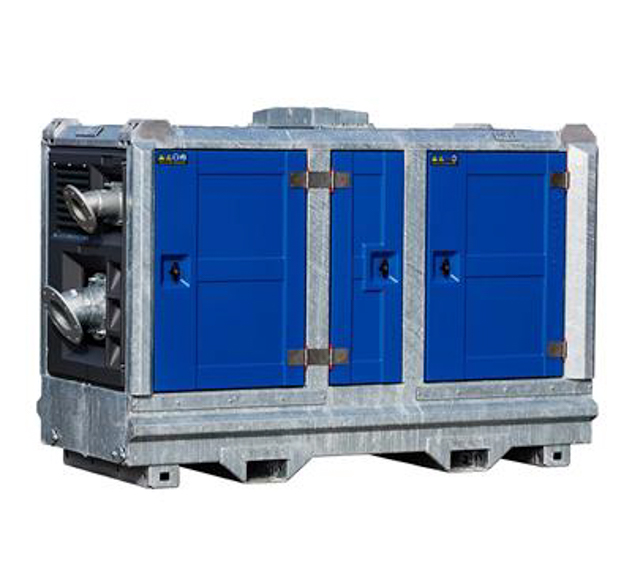
BA100K D193 Sewage Pump
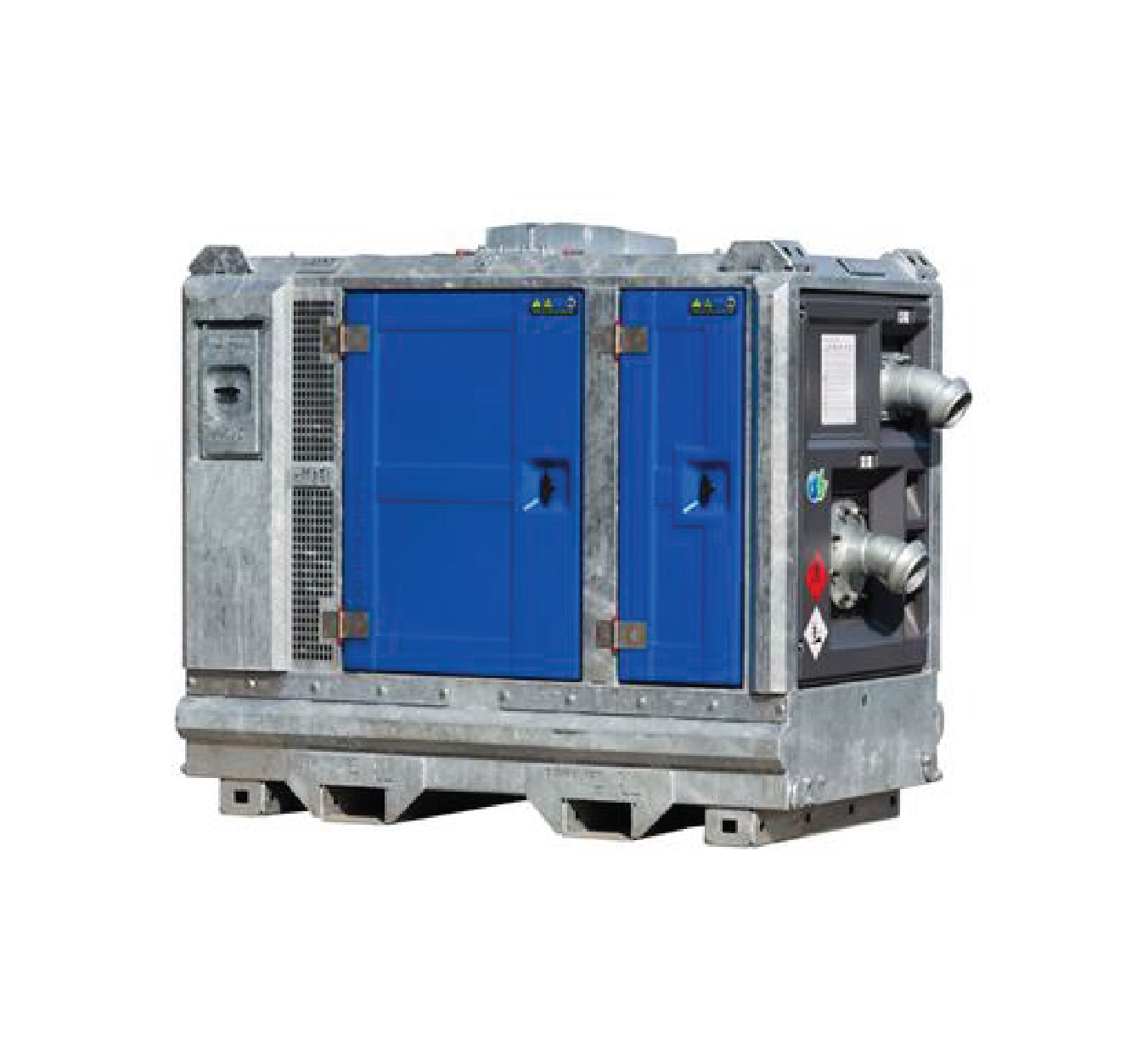
BA100E D265 Multi-Use Pump
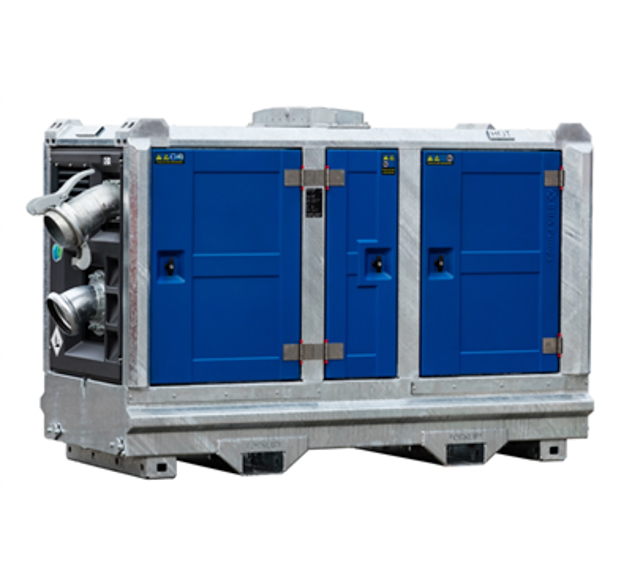
BA150KS D285 Sewage Pump
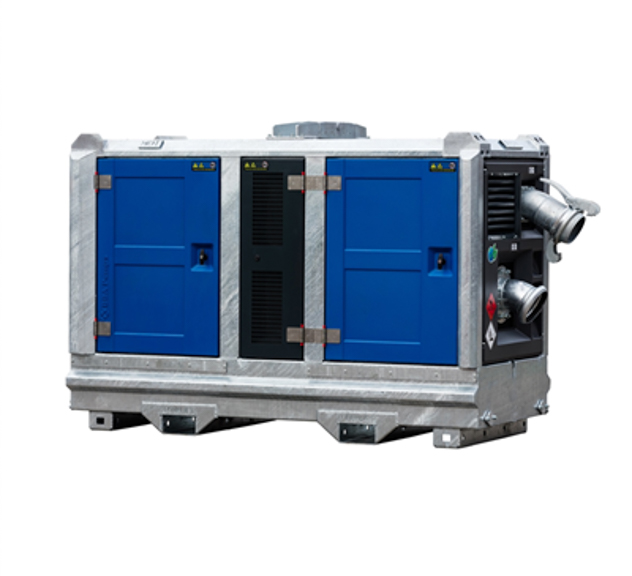
BA150E D285 Multi-Use Pump
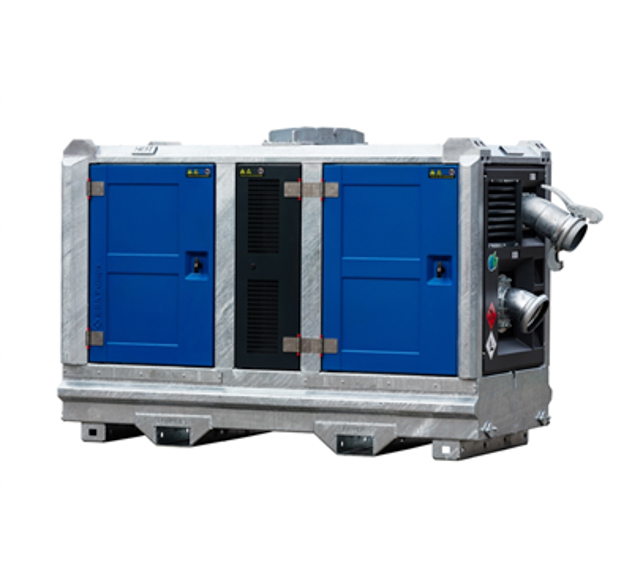
BA180KS D315 Sewage Pump
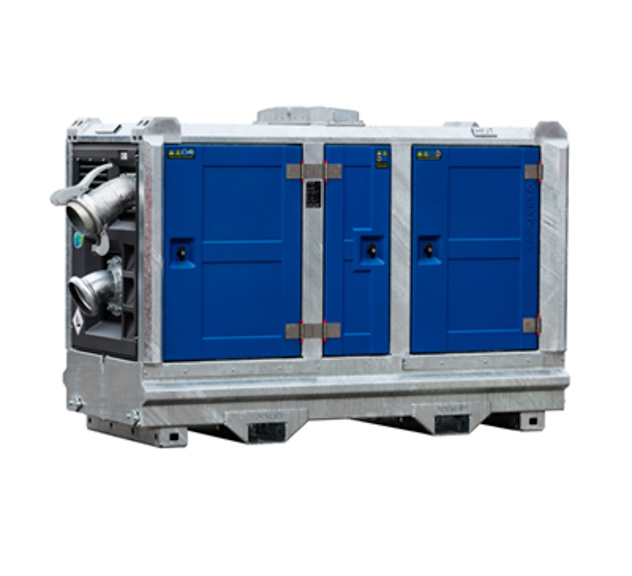
BA180E D328 Multi-Use Pump
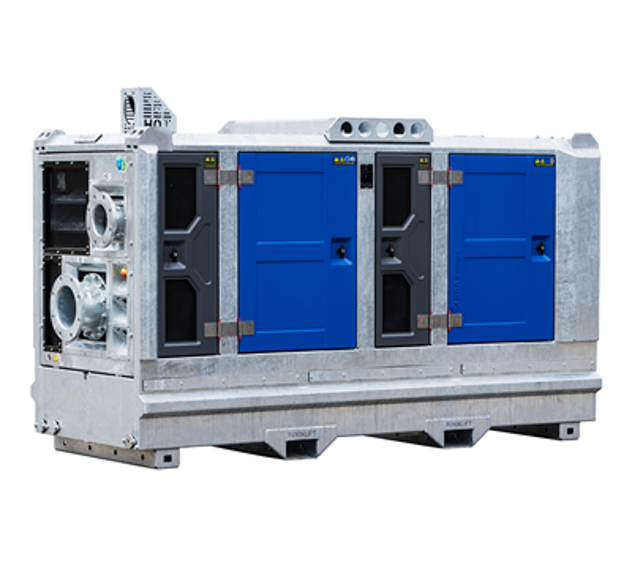
BA300KS D388 Sewage Pump
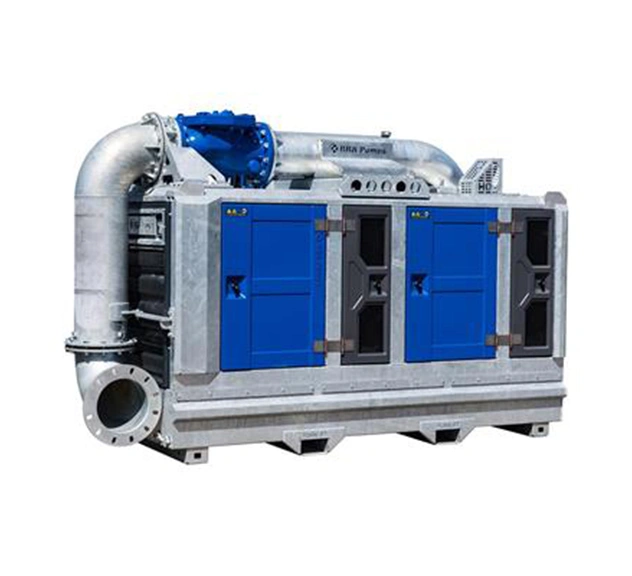
BA300E D328 Multi-Use Pump
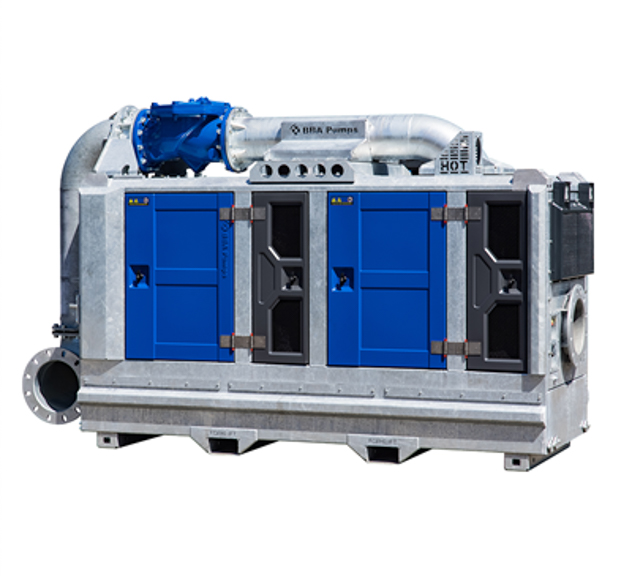
BA300E D388 Multi-Use Pump
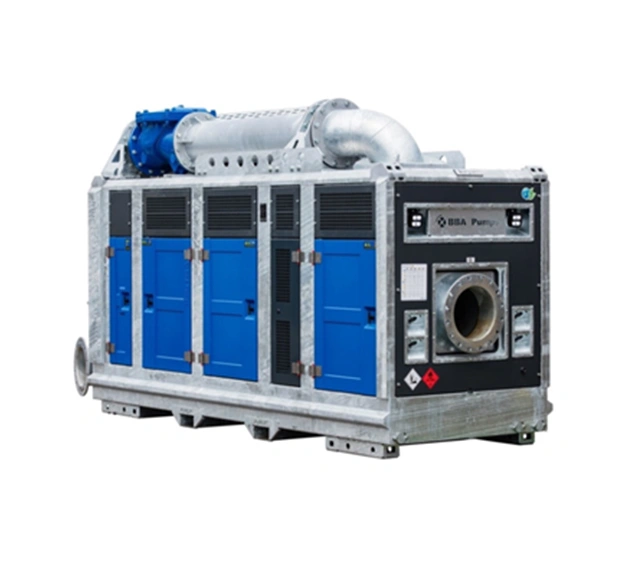
BA500G D675 High-Flow Pump
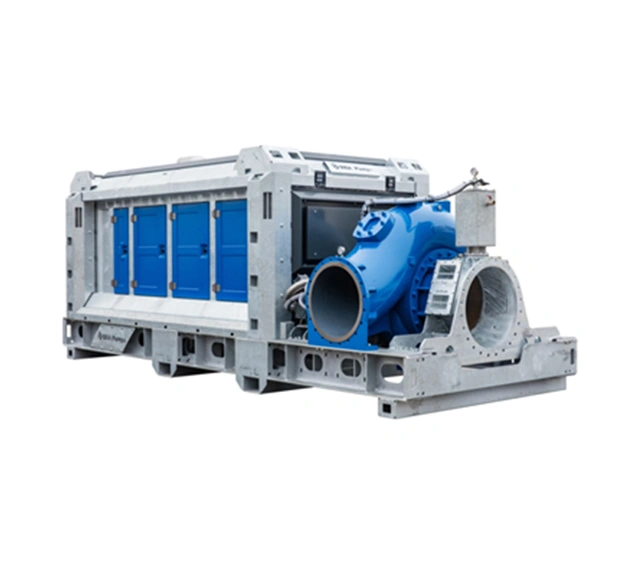
BA600G D743 Dewatering Pump
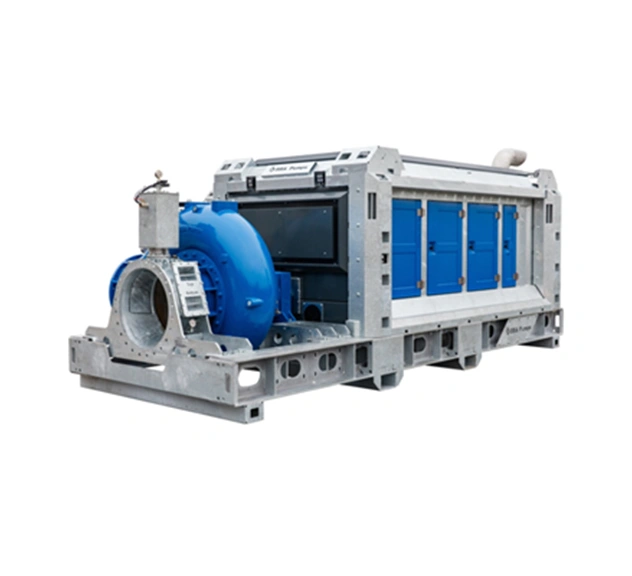
BA700G D810 Dewatering Pump
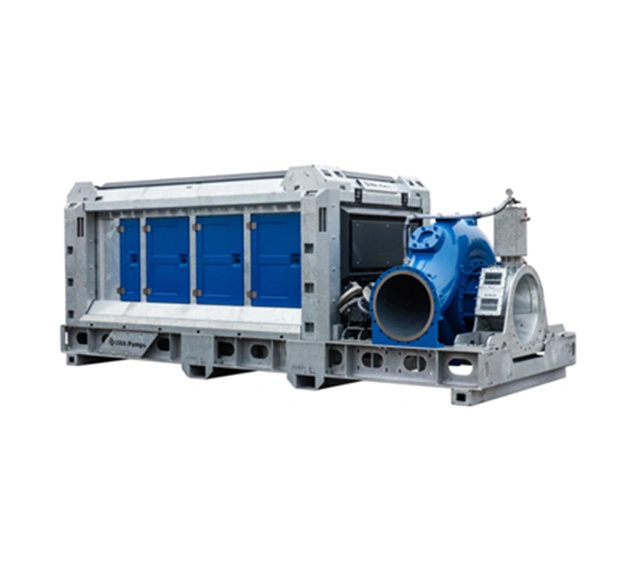
PT90 Hybrid Wellpoint Dewatering Pump
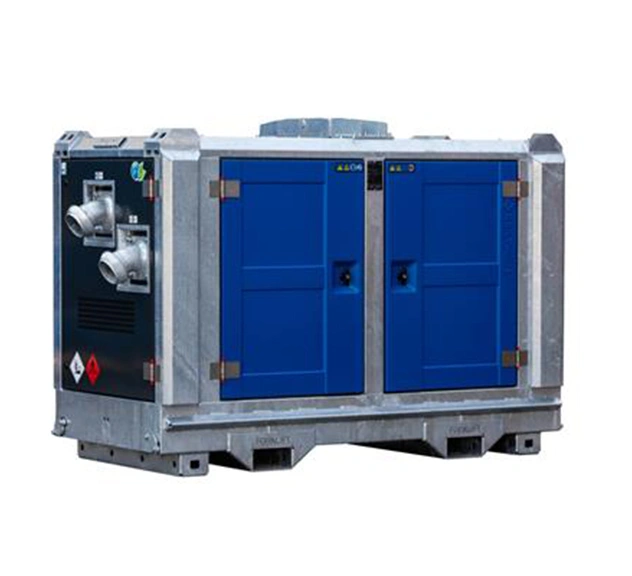
PT100 D130 Wellpoint Dewatering Pump
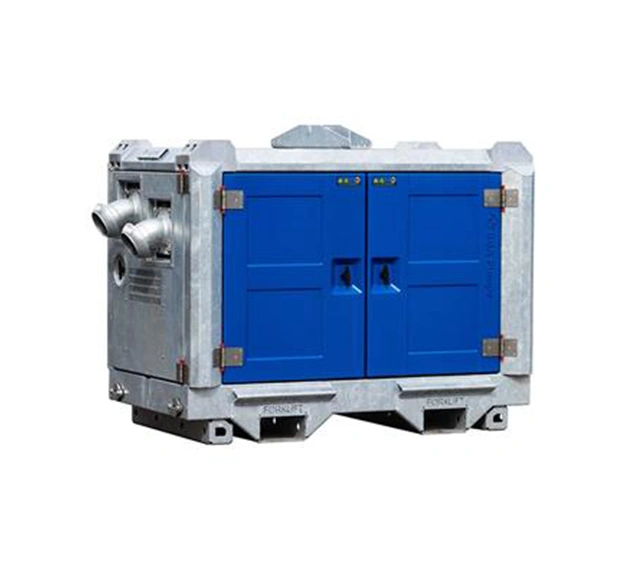
PT150 D155 Wellpoint Dewatering Pump
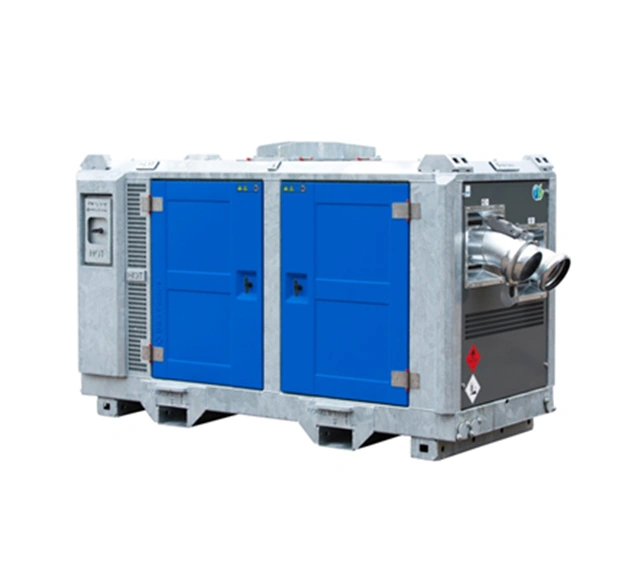
PT150 D185 Wellpoint Dewatering Pump
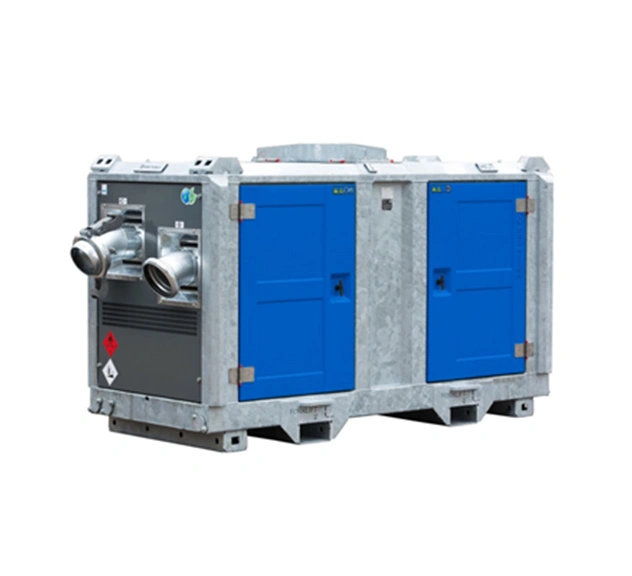
BA200KS D388 Sewage Pump
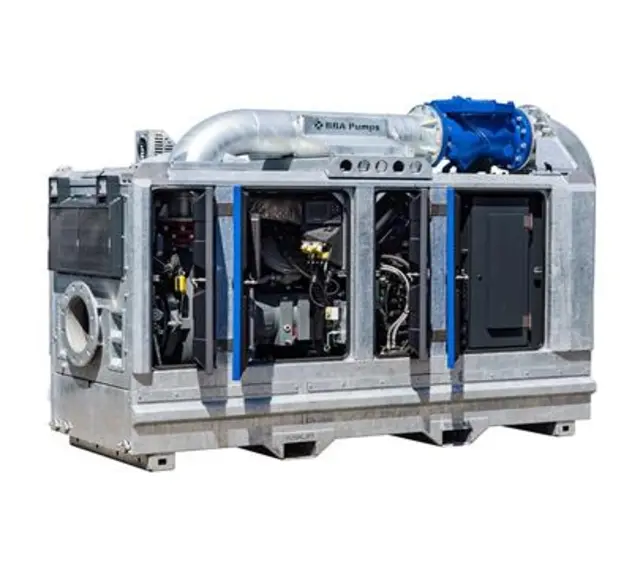
BA55E D220 High-Head Pump

BV150 D275 Bentonite Pump
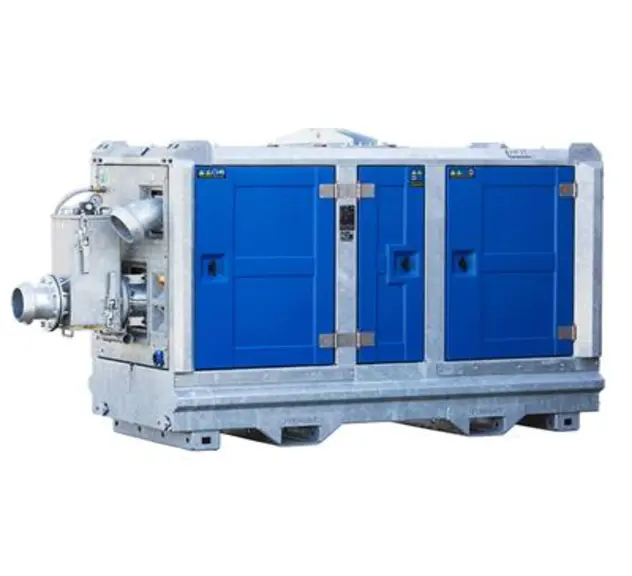
BV150 D285 Bentonite Pump
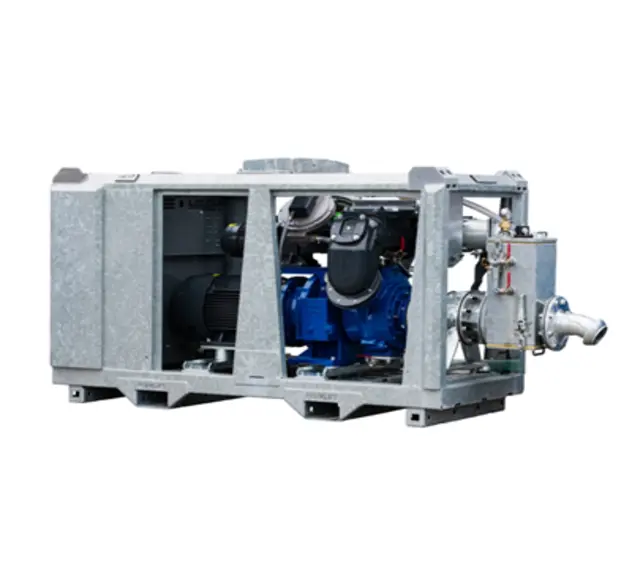
BV110 D265 Bentonite Pump
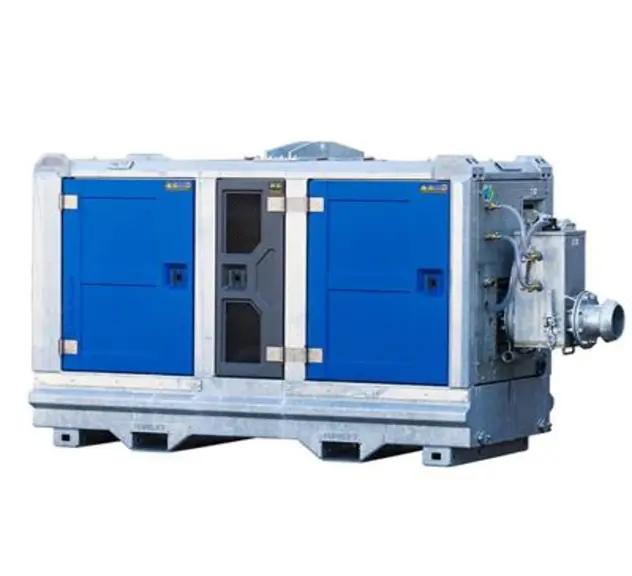
B60-220 Jetting Pump
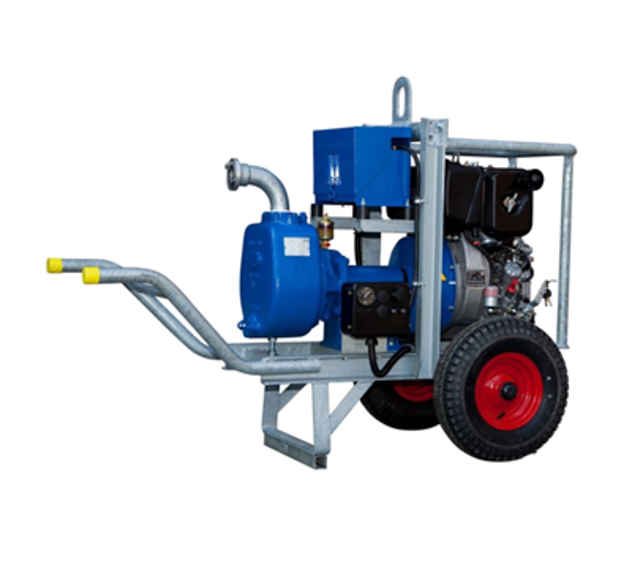
B30-180 Jetting Pump
